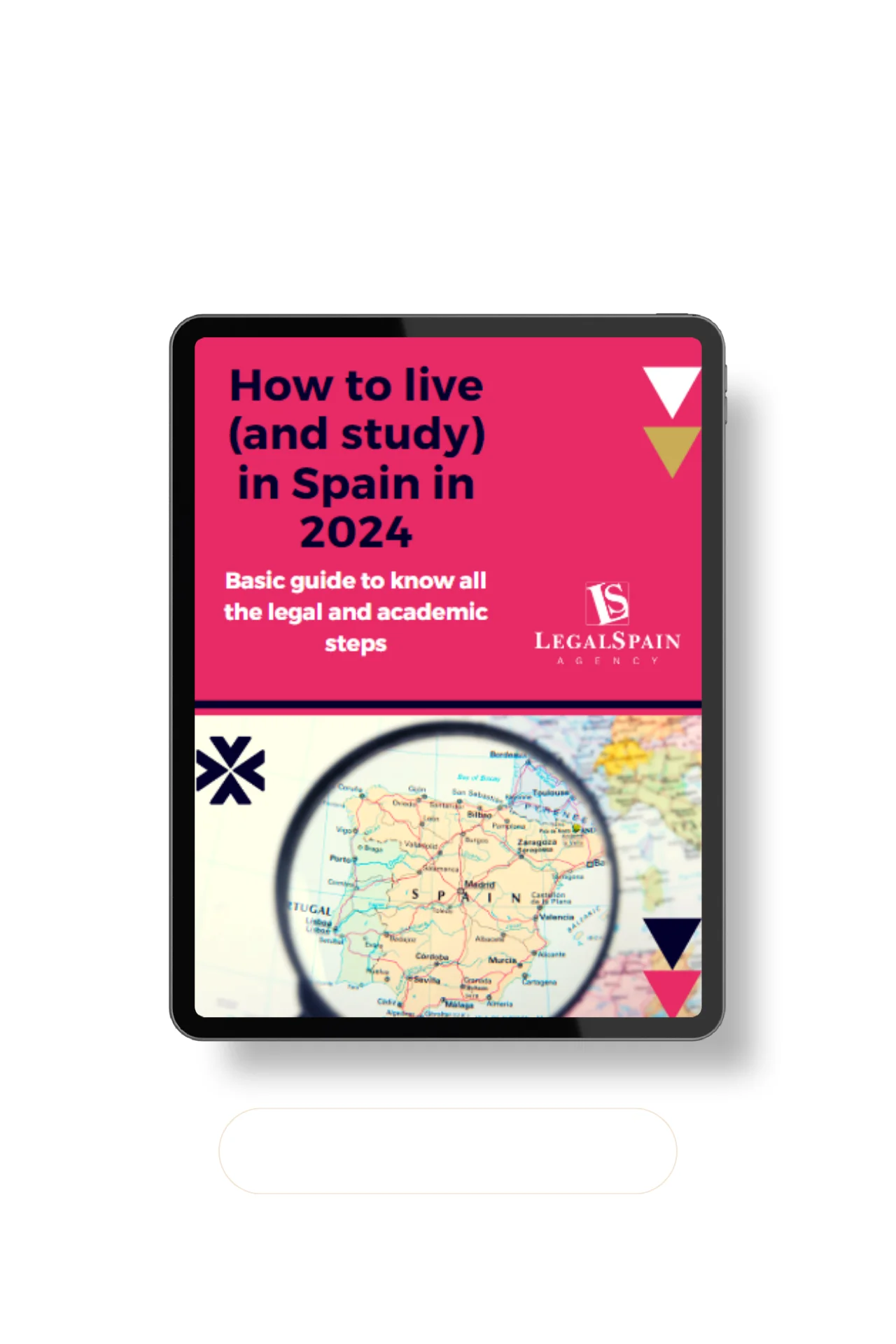What to Study in Spain?
In Spain, there are two types of higher education:
- Higher Vocational Training (FP2). These studies last 2 years and have a job-oriented objective. They are qualifications for learning trades and practicing in companies. They are currently increasing, and there are many types of qualifications related to various sectors: economic, health, environmental, mechanical, logistics, etc. They are carried out in schools, institutes, or training companies, which can be public or private. There is an offer of online qualifications, with most being face-to-face.
- University. Studies ranging from 4 to 7 years. There are about 100 universities in Spain where you can obtain official degrees. Universities can be public or private, with different costs and services. There are also face-to-face and distance universities.
What Do I Need to Study FP2 in Spain?
- Choose the study you want and the institute or academy where to do it.
- Homologate your high school diploma from Indonesia. You can do this service with us, saving time and money. Ask us, and we will inform you.
- Register at the institute or academy.
- Start your studies. They usually begin in September each year.
What Do I Need to Study at a University in Spain?
- Know what university degree we want to study and where. Knowing WHAT and WHERE we want to study will determine which itinerary we will have to examine in the entrance tests and, ultimately, know the access requirements. Each region in Spain has its own criteria, and in turn, each Autonomous Community or university may have its own.
- Start the homologation process. You can do this service with us, saving time and money. Ask us, and we will inform you.
- Start studying for the exams. You can do this through Escuela PCE.
- Register for the exams. There are two calls throughout the year: the ordinary one in May/June and the extraordinary one in September.
- Take the exams. These exams are done through UNEDasiss.
- Publication of grades.
- University pre-registration. After knowing our grades, we must make an application for a place at the universities we want.
- Confirmation of the place. This notification is made in mid-July.
- Start of the Degree in September.
Requirements to Study in Spain
- High School
- Legalize documents (Apostille of The Hague, homologation, translation…)
- Valid passport
- Medical insurance
- Travel insurance
- Address in Spain where we will reside
- Minimum amount of money in account, which will depend on the country of origin, as consulates request different amounts.
- Study visa (depends on the student and their nationality)
Table of Equivalences of Studies in Spain
Studies carried out outside Spain have their equivalent to continue studies or start others. The education system is different, but a homologation of studies can be carried out to adapt the differences in qualifications. You can see the equivalences between Spanish and Indonesian studies in our post.
How to Get a Student Visa to Study in Spain being Indonesian
Indionesian nationals must apply for a student visa to study in person in Spain.
There are two types of student visas in Spain, depending on the duration of the studies:
- Short-term student visa: for foreigners who wish to study between 91 and 180 days in Spain.
- Long-term student visa: for foreigners who wish to study for more than 6 months in Spain.
It is important to note that for those who wish to study for less than 90 days, it is not necessary to apply for a student visa. In this case, their tourist visa will be sufficient if it is necessary to enter the country.
Documentation Required for the Student Visa Process
- If the student is under 18 years old and does not travel with their parents, a legal permit signed by them is necessary.
- A medical certificate showing that the applicant does not suffer from any disease recognized by the International Sanitary Regulations of 2005. The original passport and a copy.
- Documentation showing that you have the necessary economic funds.
- Enrollment or a document certifying that the educational institution has accepted the student and has a place available for the next course. This is known as the acceptance letter.
- The completed EX-00 form.
- Details about the accommodation or place where




